Aktuelno
Članak
Is BiH still an occupied country?
The story of the last war of aggression against Bosnia and Herzegovina is a well known historical fact: Milosevic's Yugoslav National Army (JNA) from Serbia backed by Mladic's and Karadzic's armies fr
.jpg.webp)
By: Armin Aljovic
The story of the latest war of aggression against Bosnia and Herzegovina is a well known historical fact: Milosevic's Yugoslav National Army (JNA) from Serbia backed by Mladic's and Karadzic's armies from BiH, in the beginning of the nineties attacked the internationally recognized Republic of Bosnia and Herzegovina and occupied the most part of its territory.
The armed occupation led from Belgrade lasted 4 bloody years. Meanwhile, in the central parts of Bosnia and the largest part of Herzegovina, another conflict was instigated. Then government of the Republic of Croatia led by Franjo Tudjman established control over the territory of so-called the Croat community, subsequently named the Croat Republic Herzeg Bosnia.
The two nationalisms, the ones of greater-Serbia and the greater-Croatia against one Bosnia and Herzegovina and its citizens. The objective of the two neighboring countries' governments was to tear apart and divide between themselves the territory of Bosnia and Herzegovina.
The nationalists in Serbia and Croatia are criticized by the opposition of these two countries, consisted by and large of left wing parties. The question is how effective they actually are. Ivan Stambolic and Ivan Djuric openly spoke about Milosevic's aggressive politics towards BiH. At the same time, Tudjman, besides the historian Dusan Bilandzic, the politician Damir Kajin or the professor Ivo Banac, the general Petar Stipetic, also had a number of journalists who were against his war politics against BiH. The Globus and Feral journalists openly wrote about the crimes that Tudjman's army committed in BiH.
The political and military governments of Serbia and Croatia were tried and convicted by the International Criminal Tribunal for the Former Yugoslavia (ICTY) for the military occupation of Bosnia and Herzegovina, refoulement and mass killings of local population. The Serbia's military occupation ceased with the Dayton Peace Agreement in November 1995, while the Croatia's occupation had ceased somewhat earlier, by the Washington agreement from 1994.
According to relevant scientific sources, occupation occurs when a belligerent state invades the territory of another state with the intention of holding the territory at least temporarily. Peace occupation is a legal state which occurs when military forces of one state occupy territory or its part of another state that they are not in war with, and when they set up an administration on the occupied territory.
From the military point of view, military forces of Serbia and Croatia had withdrawn from the territory of Bosnia and Herzegovina, they are not in war against BiH, however, the Zagreb and Belgrade governments continue to administer power via their party branches – HDZ and SNSD. Presidents of those two parties, Dragan Covic and Milorad Dodik often boast about it. Therefore, BiH has succeeded in ending the neighbors' military aggression, however, it has not succeeded to free itself from political influence and thus realize its full sovereignty in the realms of judiciary, economy, education, health and security on its entire territory.
At HDZ's general assembly in Croatia, then member of BiH presidency and the HDZ BiH leader Dragan Covic had said: 'I can guarantee that, on the other side of a thousand kilometers long European border, there is Croatian people. Organized Croatian people... which will send out the same message as it did recently as regards the Peljesac Bridge and many other challenges that are intended to be moved from the western Balkans to Croatia. Well, that's not going to happen; there are many of us and on all levels of power and we are not going to let anyone do that!' Covic, however, never offered a concrete solution for numerous challenges that BH citizens face on daily basis.
Asked by journalists if he thought of applying for the US visa with his Serbian passport, Dodik said that he was not planning on using BiH passport any time soon, what's more, that he will publicly disown it. 'I love Serbia more than BiH, BiH is my workplace only and nothing more than that', said Dodik.
There is a plethora of examples from the past and the present which show that BiH and its citizens do not lead the processes in their own country – their neighbors are doing it for them.
When Bosnia and Herzegovina attempted to submit a request to the ICTY for revision of the verdict against Serbia for the war crimes, the BiH presidency member from the Republika Srpska Mladen Ivanic refused to give his consent for the revision. 'Bosniaks are trying to outvote the Serbs', said Ivanic. Belgrade fiercely reacted as well. There was an attempt to portray Bosnia as the key factor of the instability in the Balkans region. The foreign minister of BiH Igor Crnadak said at a regional foreign ministers meeting in Skopje that 'any revision of the verdict against Serbia before the ICTY would complicate the relations in the region, so it's better to not pursue it'. Today, some of European parliamentarians such as Slovenian Igor Soltes request that one of the conditions for accepting Serbia's EU application be its confession of Srebrenica genocide.
Following The Hague Tribunal's verdict for the former leaders of so-called Herzeg Bosnia read at the end of 2017, by which Croatian politics towards BiH was punished for the Joint criminal enterprise, the high ranking officials of HDZ BiH, together with their comrades from HDZ Croatia, tried to dispute the verdict. Dragan Covic stated: 'The Hague verdict for the six is criminal'. Everything else that Covic and other high officials of HDZ did later on was in effect amnestying the Croatian politics towards BiH, at the cost of the relations in BiH.
School curriculums in BiH have not yet been harmonized, instead they are developed according to the school programs in Serbia and Croatia. Bosnia and Herzegovina does not have one health care system. Cooperation between clinical centers in Banja Luka and the one in Belgrade is excellent, however, there is no cooperation between Banja Luka and Sarajevo.
When pro-BiH politicians tried to stop the construction of the controversial Peljesac bridge in the bay of Mali Ston as the bridge would prevent the access to international waters for BiH, it was Zagreb that, via HDZ BiH, halted any further reactions from Sarajevo to the international community. Vice chairman of the Council of Ministers and the member of HDZ presidency Vjekoslav Bevanda wrote to the European Commission high representatives that the position of the chairman of the Council of Ministers Denis Zvizdic is not the official position of BiH, and that the neighboring Croatia should continue with the construction of the Peljesac Bridge.
Similarly, Bosnia and Herzegovina has failed to retrieve its properties in Croatia which came under its possession following the fall of former Yugoslavia. HDZ has blocked every attempt of BH government to reclaim the properties worth hundreds of millions in the neighboring country, even though many Bosnian Croats oppose such Croatia's behavior.
The chairman of BiH Presidency Milorad Dodik has announced his intention to stick to the guidance from Belgrade as regards the foreign politics of BiH.
The neighboring countries also have an absolute control over the BiH Armed Forces.
Bosnian Croats and Bosnian Serbs are offered cheap national unity programs, while central governments of those countries continue economic exploitation of their country Bosnia and Herzegovina. Serbia and Croatia are draining millions of EUR from Drina and Busko Lake, while they offer spiritual connections with Belgrade and Zagreb to Bosnian Serbs and Croats, with few renovated schools and kindergartens here and there.
Having said that, if anyone is to be blamed for BiH not developing into a strong European country after the war, with stable and influential institutions, content people of all faiths and nationalities and lifestyles, as a thousand year old country should be like, which would adequately respond to any attack or assault from the outside (as Serbia and Croatia would have done), then it is SDA.
During more than 20 years of its reign, not counting the extraordinary circumstances of the war, they have never looked for partners on the other two sides those who feel BiH as their own country. Had SDA been building strong state institutions and a convincing and influential diplomatic network across the world, together with the Croats and Serbs who care for BiH (and there are many of them), instead of trading with HDZ party interests in public companies, the Serbian foreign minister Ivica Dacic would not have dared even to joke that the opening of the highway Banja Luka – Doboj is an internal and not external issue of the Serbs. Nor BiH would run to Belgrade for an opinion on recognition of Kosovo or the NATO accession.
ProBosnian parties mustn't make the same mistake as SDA.
#English
Najnovije
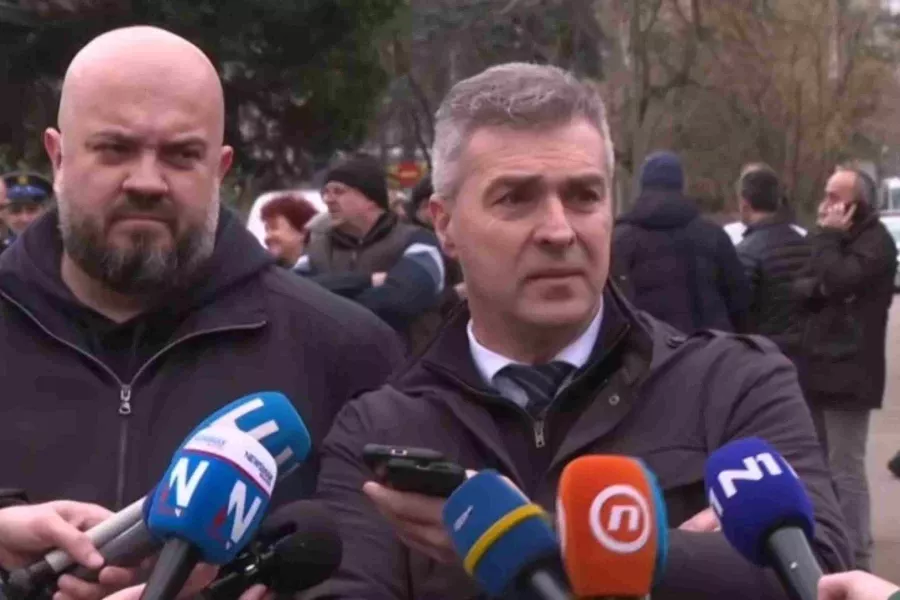
Direktor KJKP GRAS Senad Mujagić još nije saslušan!
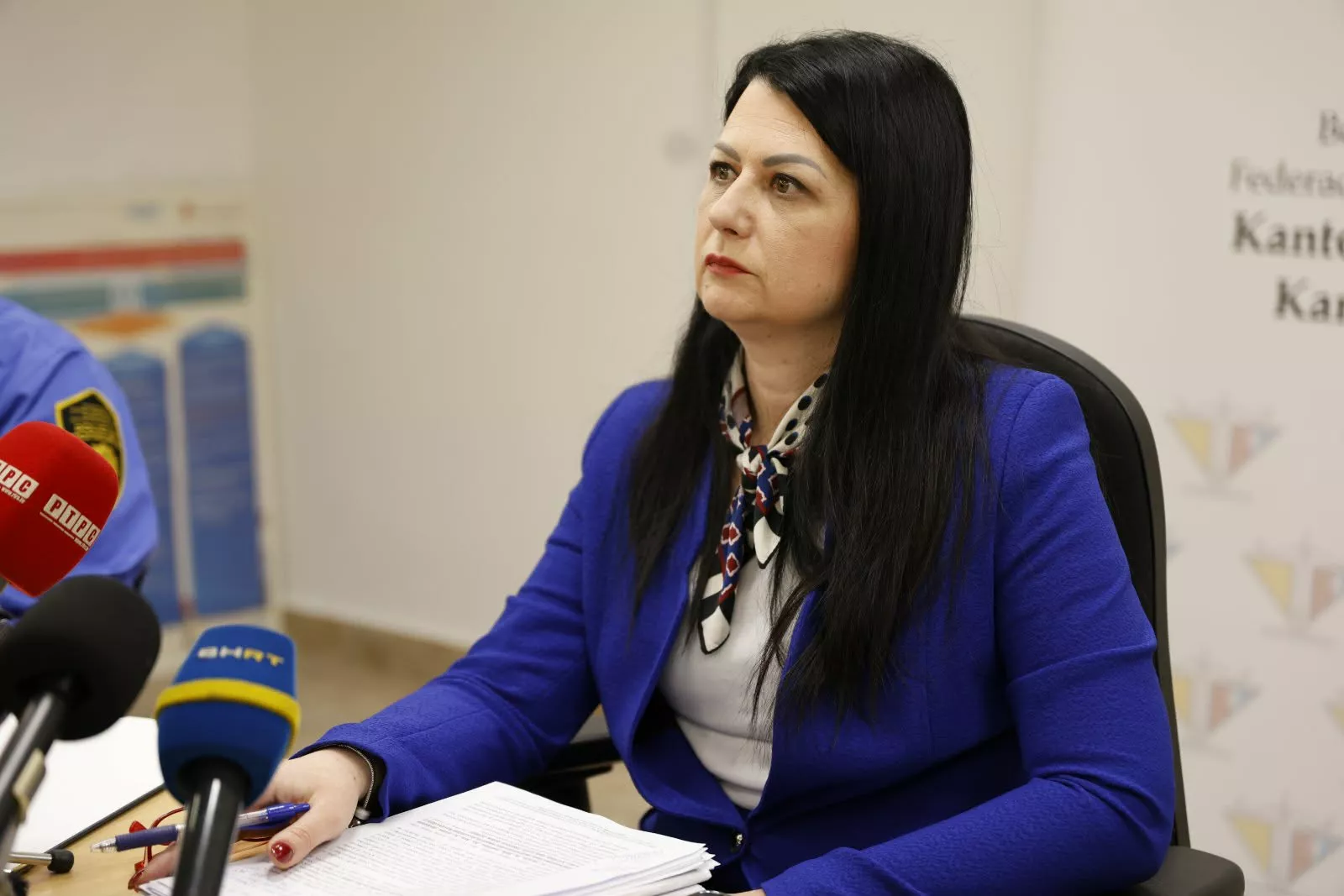
Dugalija: Istraga se vodi u više pravaca, saslušano 50 svjedoka, osumnjičeni je još uvijek samo vozač tramvaja
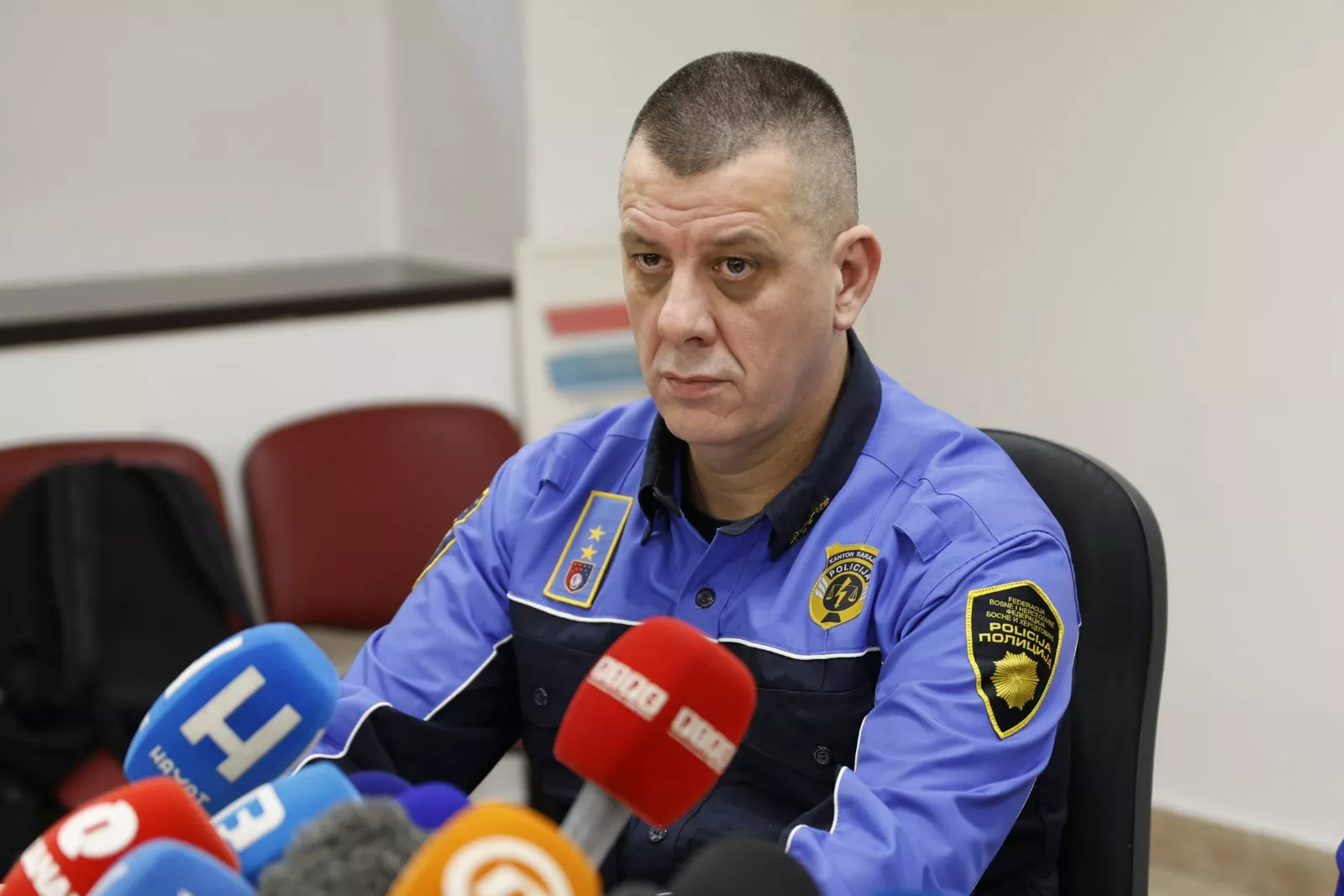
Hajdarević: Vozač tramvaja nije bio pod utjecajem alkohola, saslušan i svjedok iz Konjica
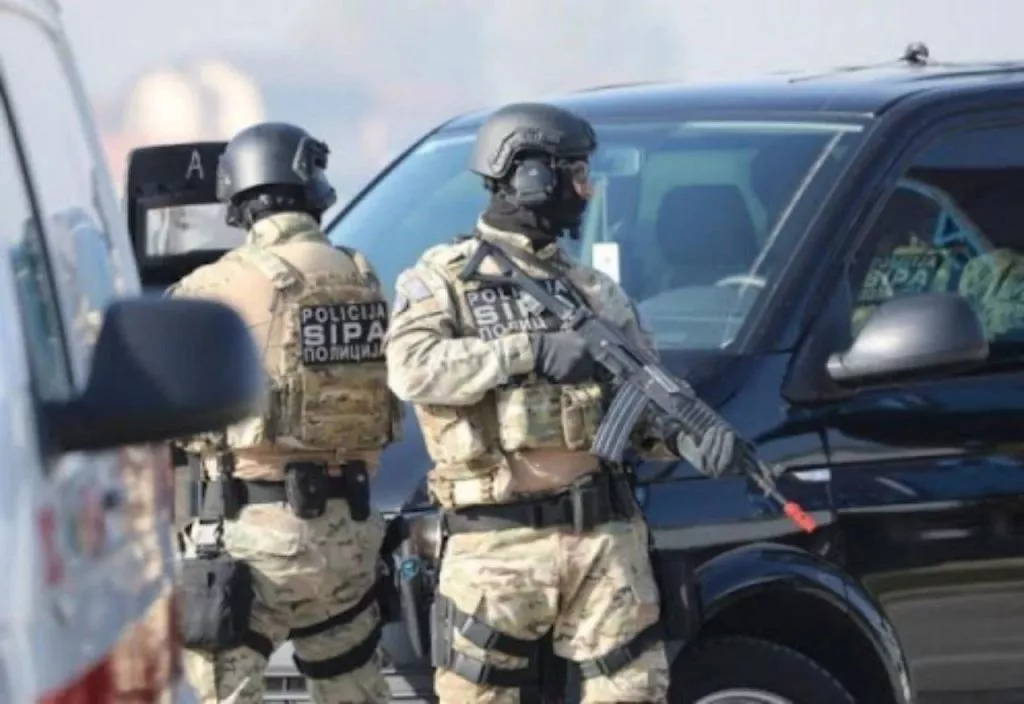
SIPA demantuje navode o 'nacionalnom disbalansu': U penziju idu 53 službenika, ne 495!
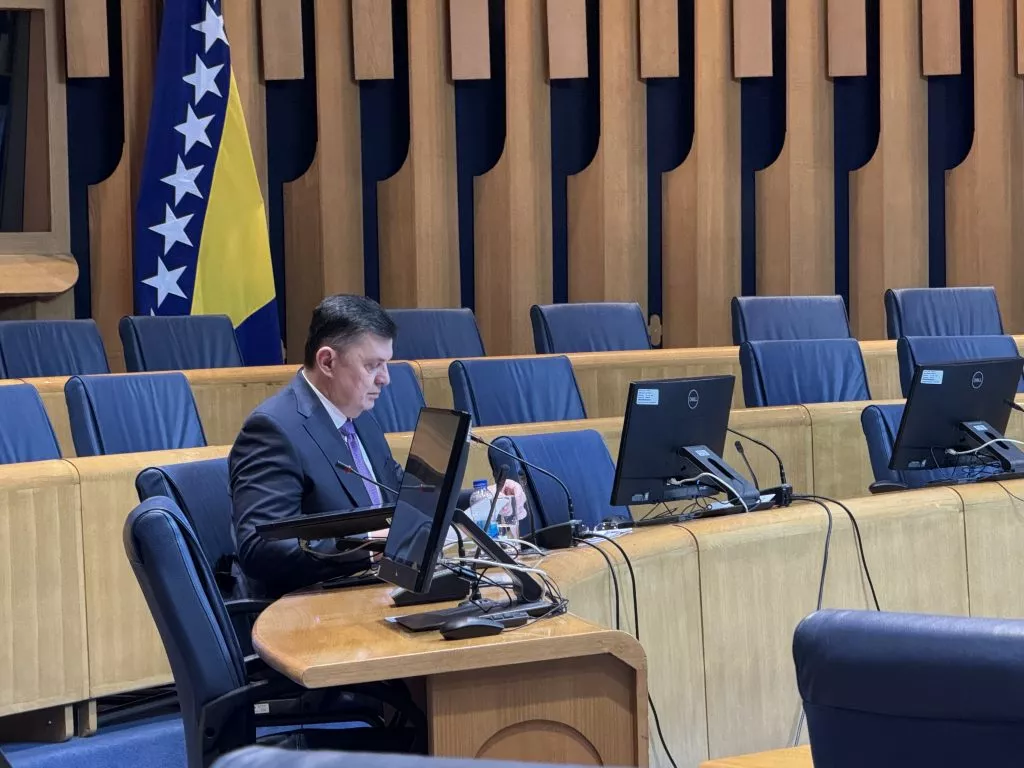
Komisija za borbu protiv korupcije o stanju u UIO: Slijedi li saslušanje direktora Zorana Tegeltije?
Najčitanije
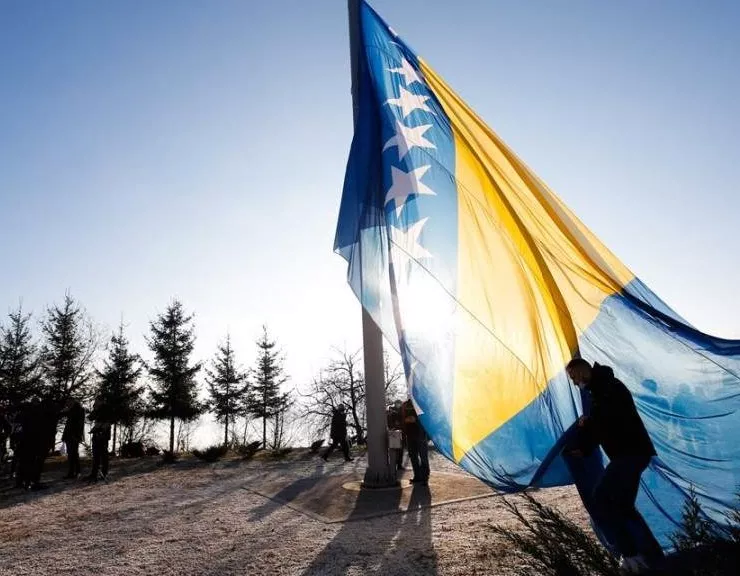
Dan nezavisnosti BiH obilježava se 1. marta i ne prenosi se, Hota-Muminović proglasila i 2. mart neradnim danom?
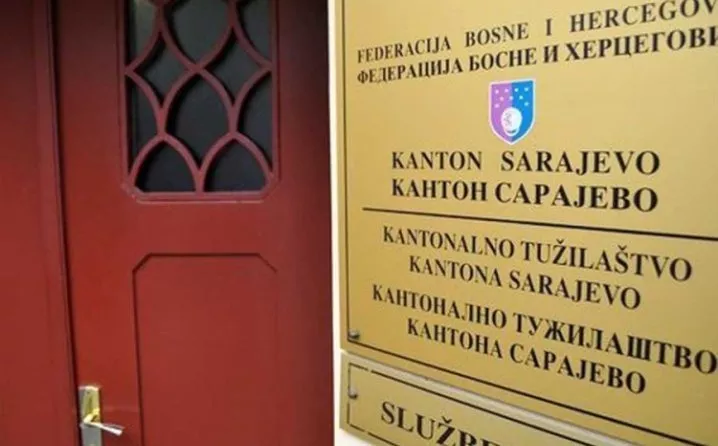
ŠTETA I UK NE ZNAJU Tužilaštvo KS neće provoditi istragu o dugu KJKP Gras zbog neplaćanja poreza i doprinosa
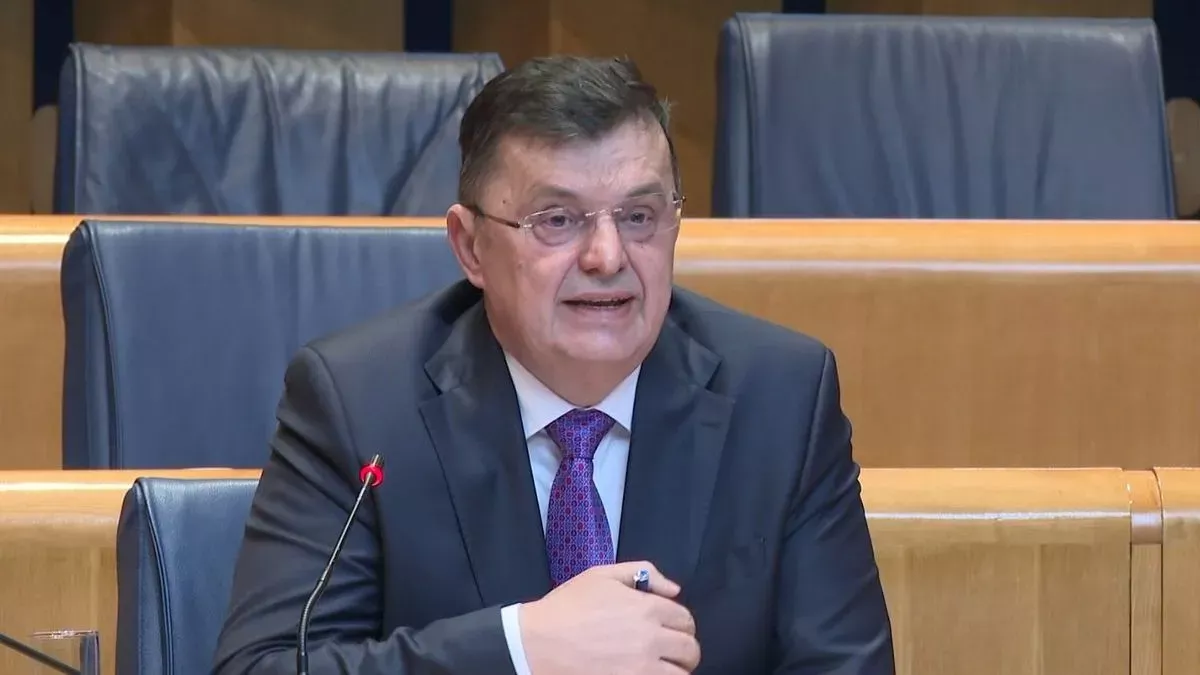
Komisiji za borbu protiv korupcije stigle prijave: Ko unaprijed gradi carinske terminale za UIO i kome se pogoduje
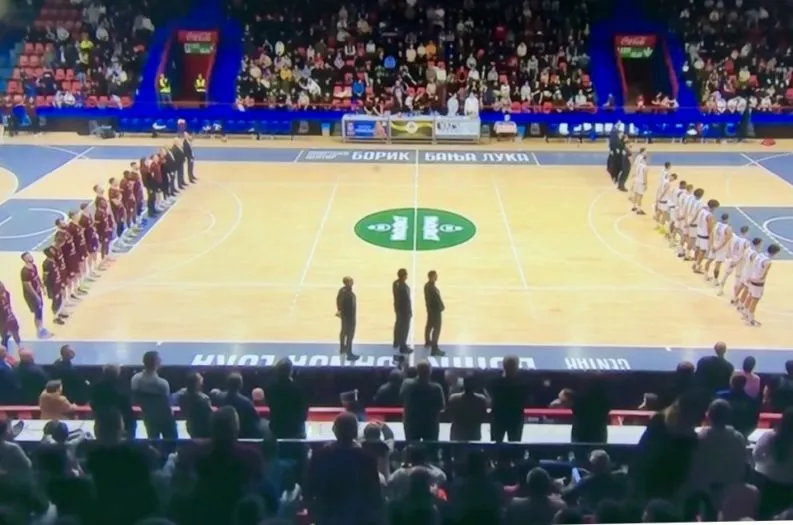
UTAKMICA BORCA I BOSNE U Banja Luci izviždana i prekinuto intoniranje himne BiH
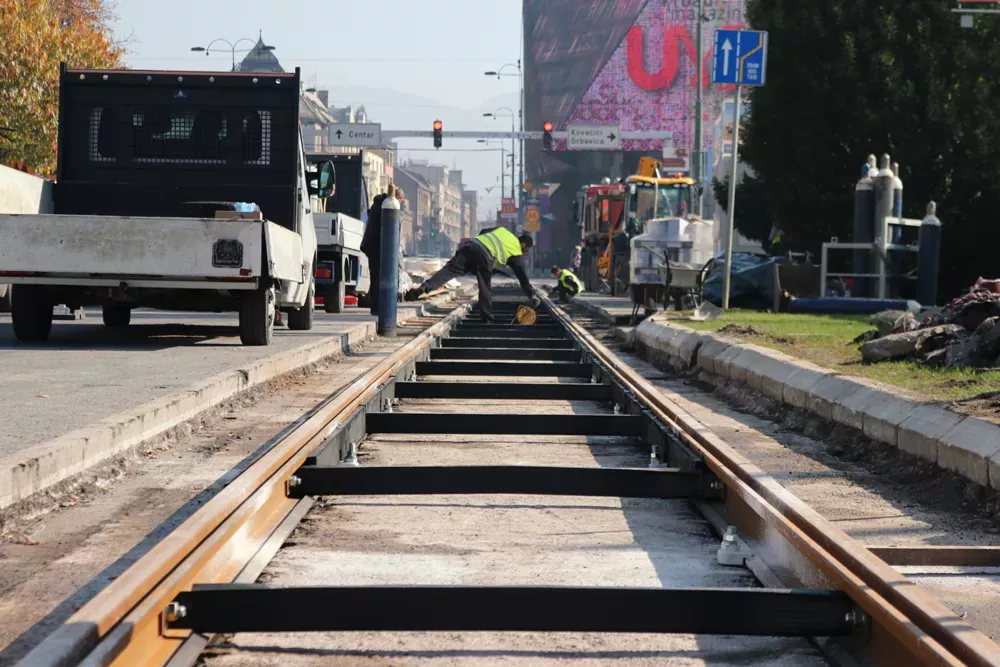
Vlada KS: Rekonstruisana tramvajska pruga ima sve upotrebne dozvole
